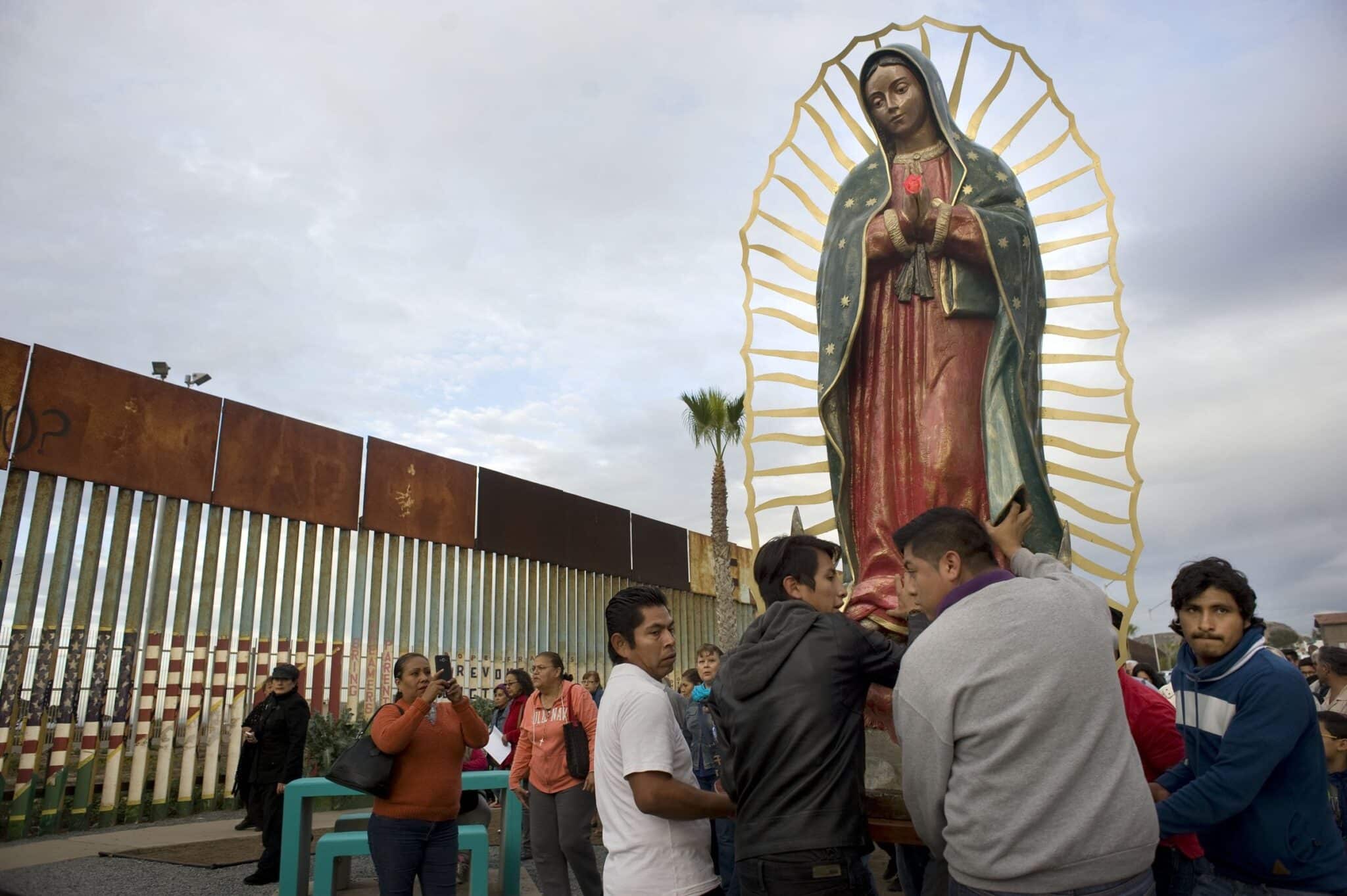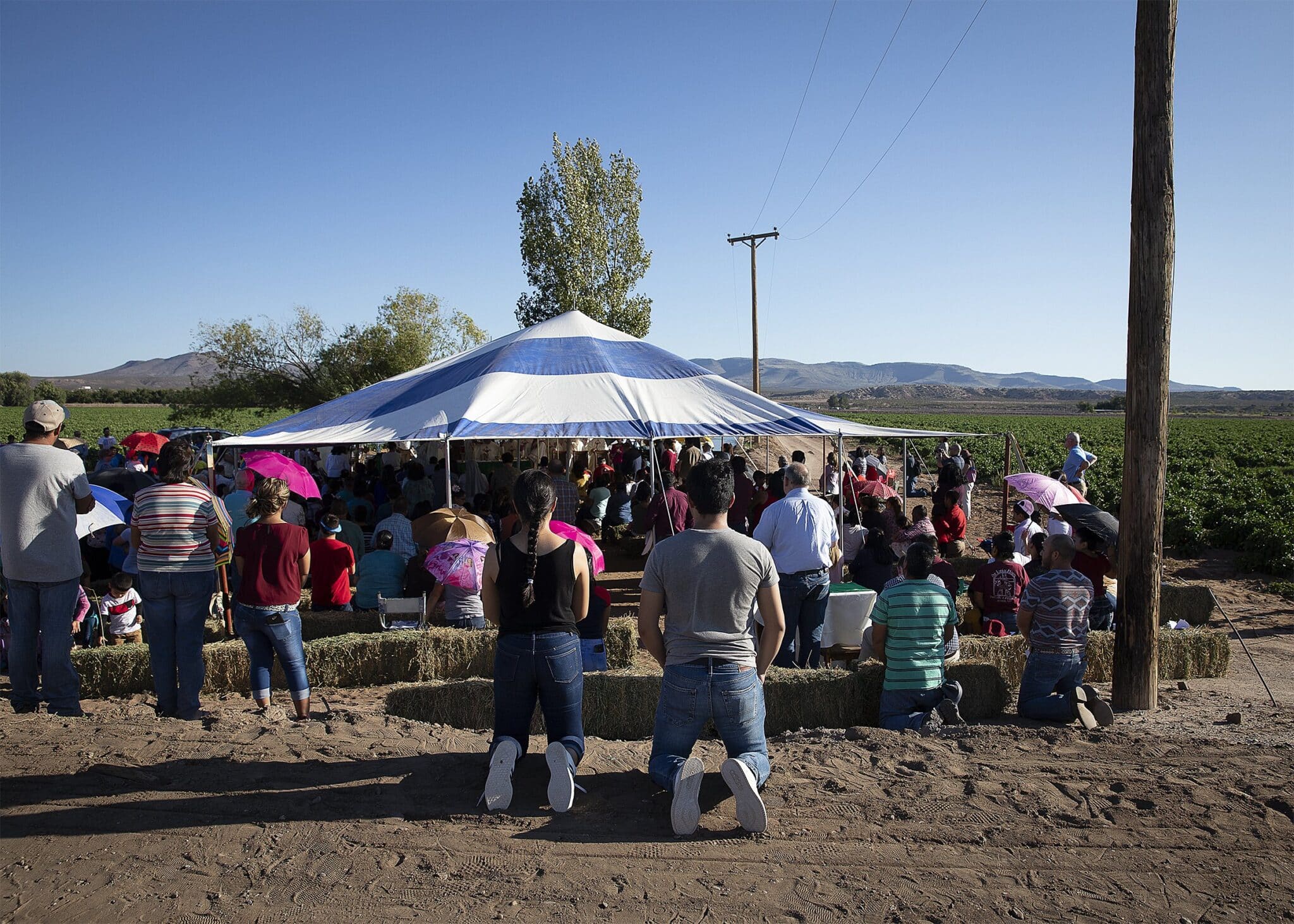I have been a Franciscan priest for 55 years. As a priest, a good deal of my ministry has been at the end of a person’s life. Indeed, we priests help dying persons as they prepare to complete their life’s journey and return to the Lord. In my 55 years, including 11 years as chaplain at a 700-resident retirement center, I estimate that I have conducted over 750 funerals.
I learned early on that the most important homily I will ever preach is the funeral homily. But also I have had the privilege of being around more dying people than I can count. Sometimes I was there with the entire family at the loved one’s bedside. On other occasions, it was just myself in the room with the dying person. Most people are unfamiliar with the prayers that priests offer on behalf of the dying. And what is important is that it is never just the priest who prays at the bedside. Rather, the whole Church is praying.
The first prayer (slightly abbreviated) begins: “Go forth, Christian soul, from this world in the name of God the almighty Father who created you, in the name of Jesus Christ, the Son of the living God, who suffered for you, in the name of the Holy Spirit, who was poured out upon you. Go forth, faithful Christian!”
Note that all of us on earth are “sending” that person off into eternity with our love and care. It continues, “May you live in peace this day, may your home be with God in Zion, with Mary, the virgin Mother of God, with Joseph, and all the angels and saints.” In other words, a person who dies is not stepping into nothingness. Quite the opposite! He or she is entering into the abode of God. When we die, we are also reunited with all who have gone before us. What a homecoming that must be!
The second prayer only adds to the first. “I [the whole Church] commend you to almighty God and I entrust you to your creator who formed you from the dust of the earth.” I love the word entrust because it emphasizes that we are handing that loved one into the hands of God.
We continue, “May holy Mary, the angels and saints come to meet you as you go forth from this life. May Christ bring you freedom and peace. As the true shepherd, may he acknowledge you as one of his sheep . . . may you see your redeemer face-to-face and enjoy the vision of God forever.” Never forget: these words are prayed by the whole Church.
I always refer to these prayers at funerals. Keep in mind, these prayers are being offered all over the world. That means that he or she who is dying is never alone. The faithful are crowding around that person.
What this means is that the Church, as a true mother, is always engaged in praying for her children, including the dying who may have no one to pray for them. How blessed we are to know that we, too, will be prayed for at the end of our lives! I am privileged to assist the dying these profound and reassuring prayers.
What about Heaven?
It seems curious that, when we think of the word heaven, we always look up or raise our eyes. It seems natural and has become part of our language and culture. Paul mentions this idea as he writes, “we are citizens in heaven” (Phil 3:20). Lifting up one’s eyes is also common when we think of looking to God.
In reflecting on heaven, we know it is not a physical place, though our language explains it that way. The best way to think and speak of heaven is not the abode of God, but of God himself and our union with God. Of course, our language limps when it speaks of God’s love for us. We have no real understanding of infinite or eternal. But in the end, it seems best if we think of heaven as perfect union with God, the giver of life.
But that is not all. The true meaning of heaven also points to the union that we have with our loved ones and all the saints. If people use “heaven on earth” to describe their love, we have to realize that by seeing God face-to-face—and the total healing that God brings about within us—we are then capable of a love we cannot imagine on earth. As deep as spousal love can be, marriage is only the slightest hint of love and union with God.
Though we may not be able to comprehend heaven to its fullest extent here on earth and in our wounded state, we can and do experience the presence of God within us because that is where God’s presence is. In a way, the best vision of God is not so much looking up or out, but looking within our very selves. After all, we know God made us in his image and likeness.
Thus, we have the ability to understand the two most important aspects of God: to love and to forgive. And we are capable of both.








